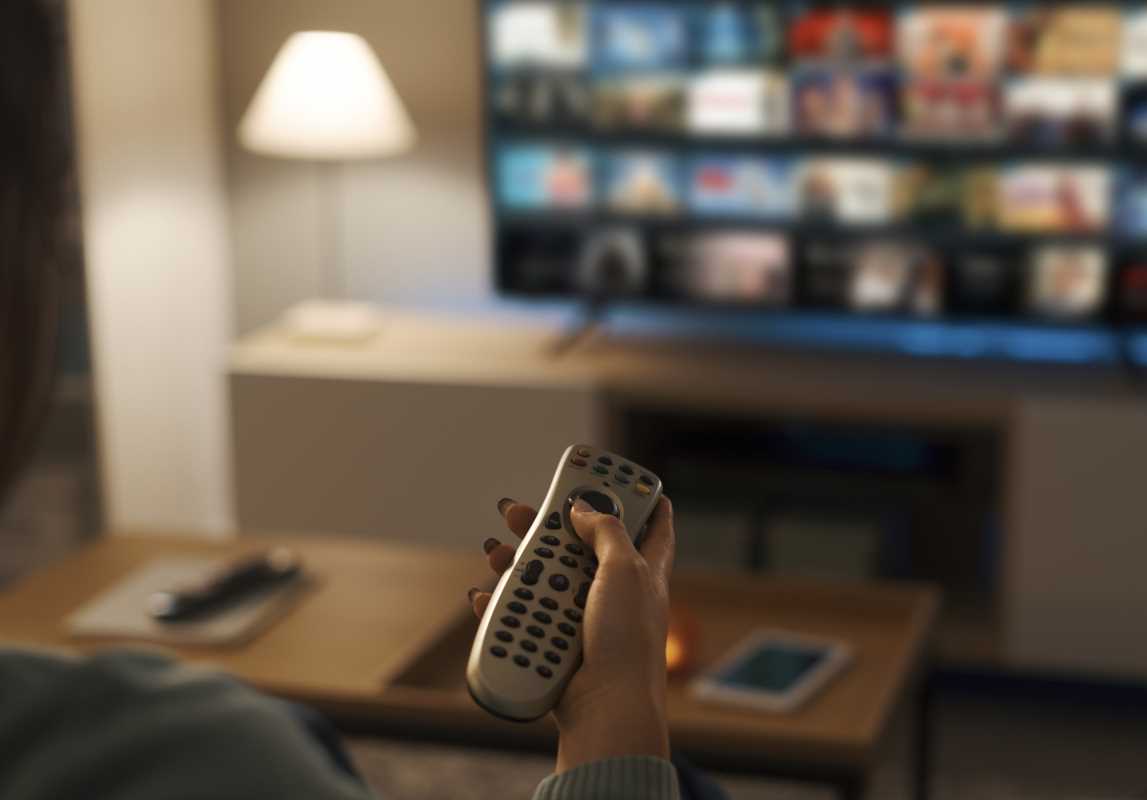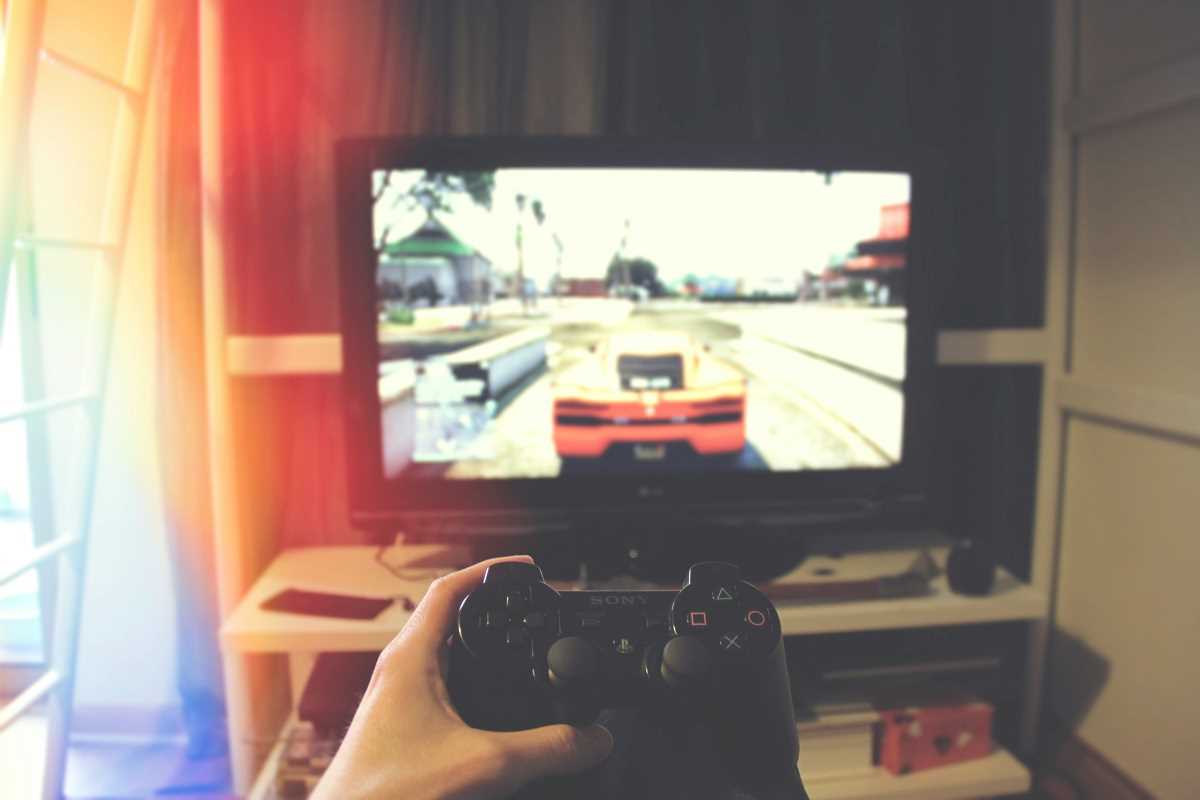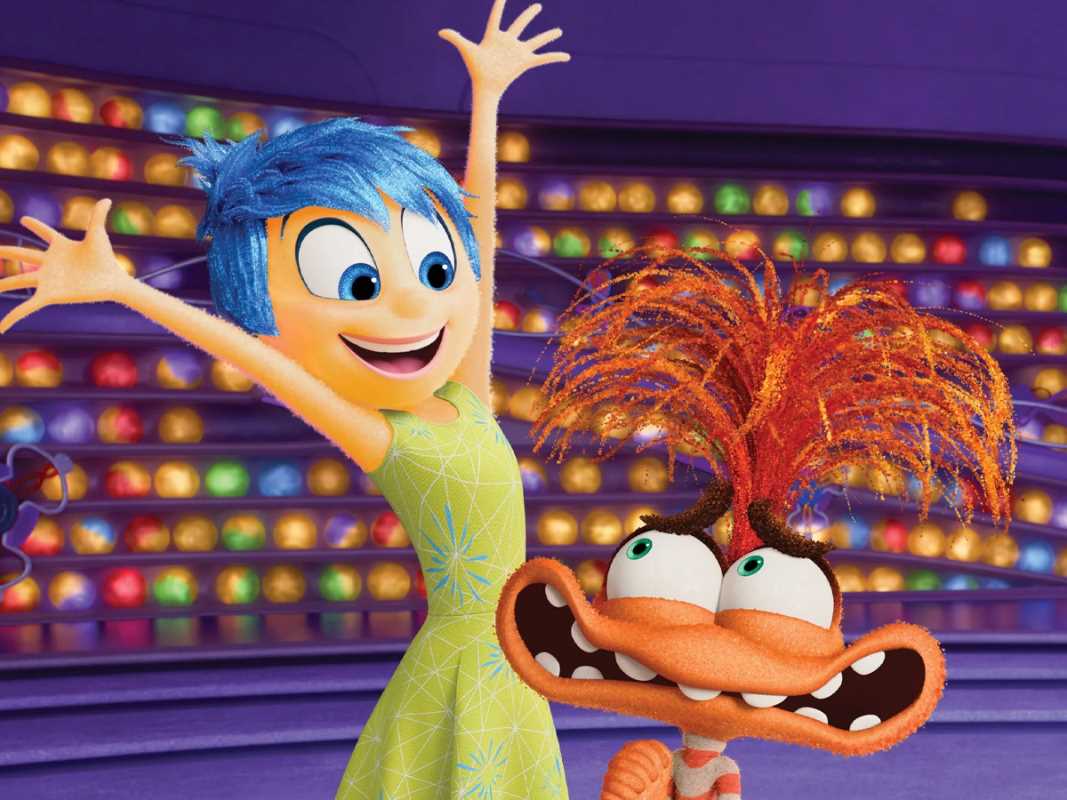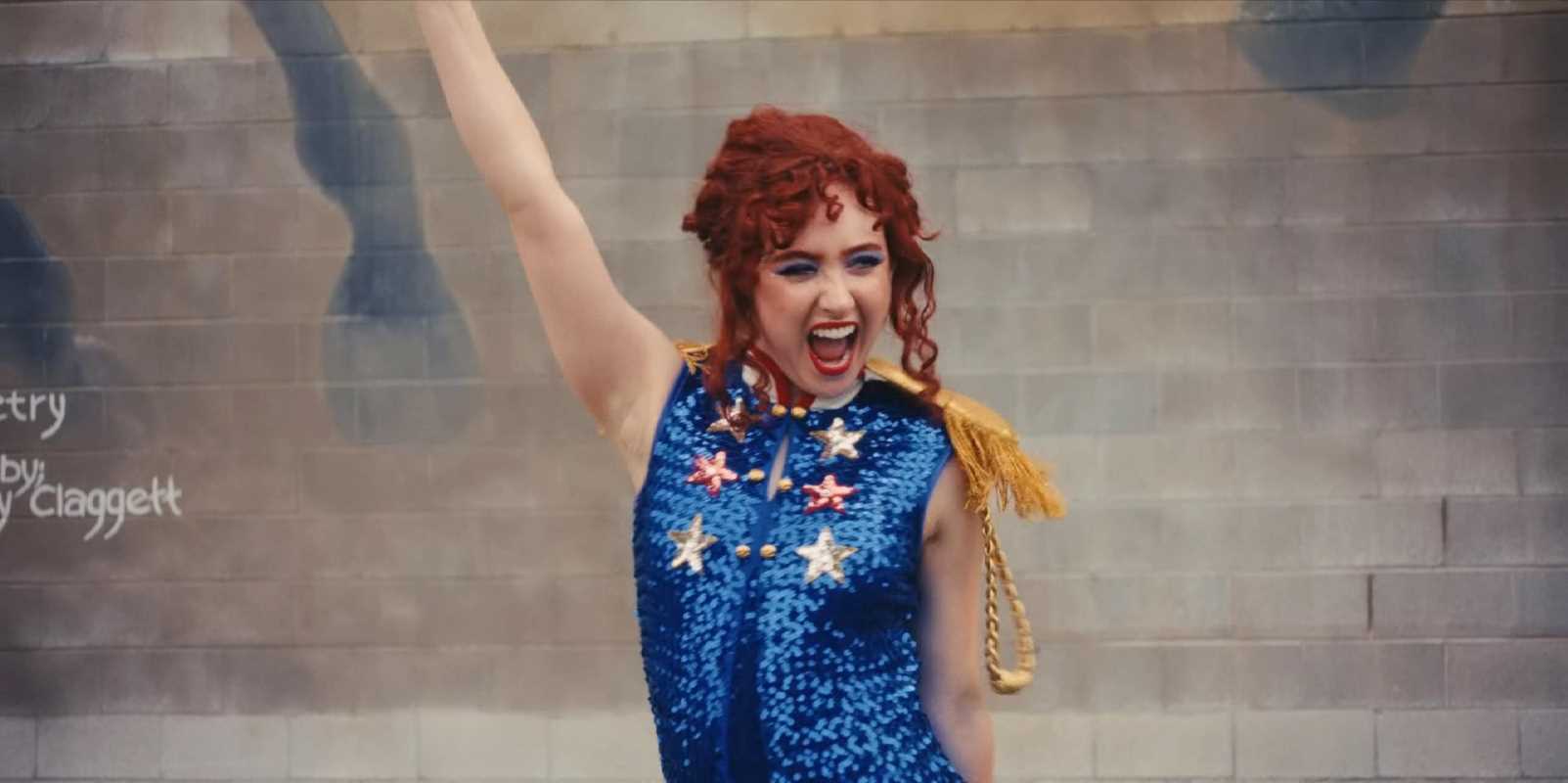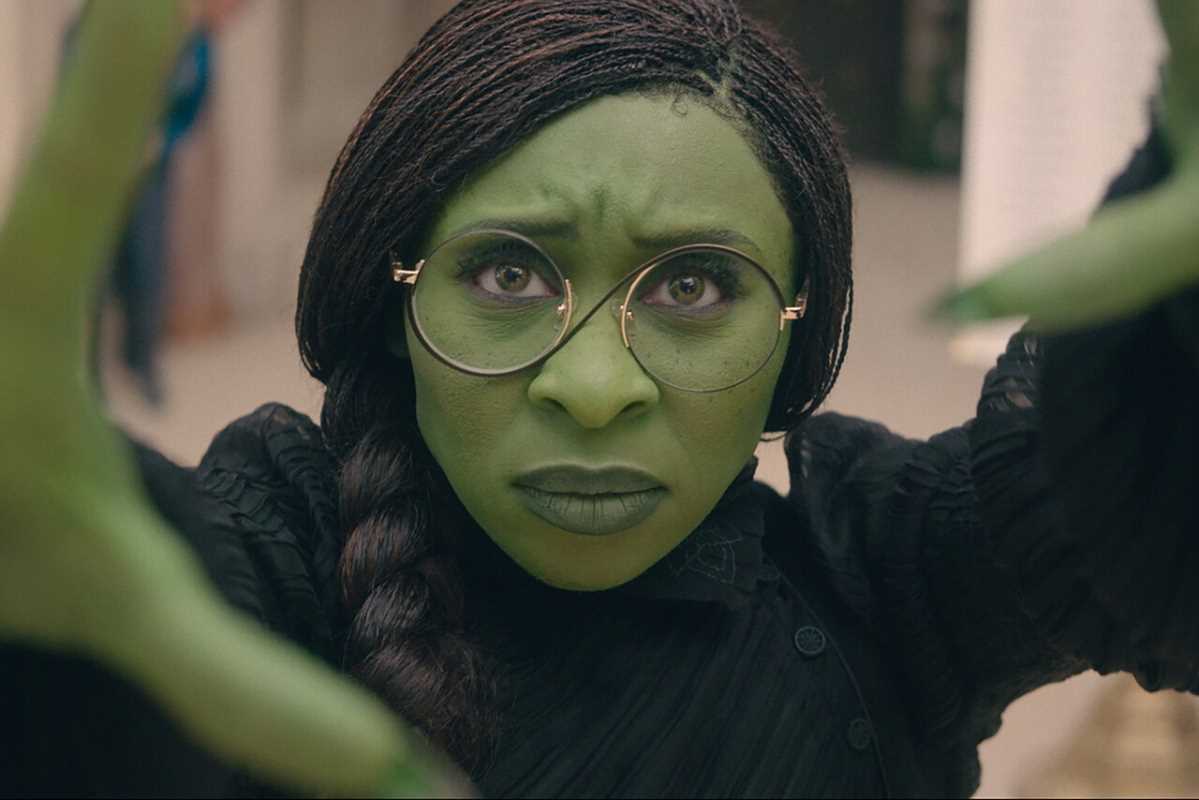Reality TV can be a goldmine of drama, laughs, and jaw-dropping moments when done right. Shows like Survivor, The Bachelor, and Real Housewives set the bar high, proving that audiences love spilling tea and watching real (or semi-real) drama unfold. But not every idea for a reality show strikes gold. For every breakout hit, there’s a flop lurking in the background, leaving viewers confused, bored, or straight-up cringing. Some of these shows had intriguing concepts but faltered in execution, while others made no sense from the start. It’s fascinating to see how networks occasionally gamble on bizarre ideas, only to watch them fall apart. Here’s a look at some reality shows that, despite the hype, ended up leaving fans (and their creators) disappointed.
1. The Swan
Reality TV producers often come up with questionable ways to entertain, but The Swan really hit a nerve. The show, which aired in 2004, claimed to "transform" women into beauty queens through extreme makeovers involving plastic surgery. Contestants were judged on their "improvements" and even competed against each other in post-makeover beauty pageants. Critics slammed the show for promoting unhealthy beauty standards and reducing self-worth to external changes. Viewers found it uncomfortable and exploitative, and the backlash was so severe that the series only lasted two seasons.
2. Who Wants to Marry a Multi-Millionaire?
In 2000, FOX aired a desperate attempt to cash in on the reality wedding trend. Who Wants to Marry a Multi-Millionaire? was essentially a live pageant-style competition where women competed for the chance to marry a millionaire they had never met. The "winner" exchanged vows with a man named Rick Rockwell during the finale. The show quickly unraveled when it was revealed that Rockwell wasn’t quite as rich as advertised and had a questionable personal history. Audiences were horrified, and the backlash led FOX to scrap plans for future episodes.
3. Bridalplasty
Bridalplasty, which aired in 2010, was a bizarre mashup of wedding culture and plastic surgery competitions. Brides-to-be competed in challenges to win cosmetic procedures off their wish lists, with the ultimate goal of having the "perfect" look for their big day. The show was widely criticized for being tone-deaf and uncomfortable, as it preyed on insecurities in exchange for temporary entertainment value. Viewers found it unsettling, and the ratings showed that people weren't ready for this level of bizarre wedding-themed programming.
4. American Inventor
Reality competitions can bring out inspiring moments, but American Inventor, which aired from 2006 to 2007, failed to create much buzz. The show followed aspiring inventors pitching their ideas to judges and competing for a cash prize to develop their products. While the concept had potential, the execution felt flat. Many inventions were either impractical or downright gimmicky, making the show feel more like a parade of oddities than a competition of innovation. Despite its association with major TV personalities like Simon Cowell as a producer, it didn’t resonate with audiences and was quickly forgotten.
5. FarmVille TV Show (Unreleased)
Yes, you read that correctly. There were plans to turn the internet hit FarmVille into a reality show where contestants would engage in farming-themed competitions inspired by the game. Thankfully, this show never actually hit the airwaves, but the mere announcement of it earned widespread ridicule. The idea seemed like an attempt to ride on the coattails of a fleeting social media trend, and fans joked that watching people pretend to farm sounded as exciting as watching paint dry.
6. I Wanna Marry "Harry"
This show takes the prize for the most outlandish premise in reality dating history. Contestants were told they were vying for the affections of Prince Harry. Yes, the Prince Harry. The catch? He was a complete impostor. A redheaded British look-alike played the fictional royal, and the show followed the women as they got swept up in the fantasy. The fake prince gimmick felt deceptive, and critics slammed it as tasteless and absurd. Viewers didn’t buy into the concept, and it was canceled after only four episodes.
7. Utopia
FOX spared no expense when launching Utopia in 2014, with hopes of creating the "next big thing" in reality TV. The show challenged contestants to live together and build a society from scratch in a remote area, with no structured government or pre-established rules. The premise sounded intriguing, but the series was plagued by disorganization, uninteresting contestants, and the absence of any real stakes. The show hemorrhaged viewers after its debut, leading to cancellation within two months.
8. Kid Nation
Network executives thought it was a brilliant idea to put children in charge of an abandoned town to see how they’d build a functioning society. Kid Nation debuted in 2007 and immediately sparked controversy. Parents and critics worried about the exploitation of minors and questioned the ethics of making kids as young as eight years old cook, clean, and govern themselves for entertainment. The show faced a massive backlash, and though it had its moments of charm, the overwhelming unease from viewers sealed its fate after a single season.
9. Are You Hot?
ABC believed the world needed a show about rating people solely on their physical appearance, leading to the creation of Are You Hot? The competition featured contestants being judged on their bodies by a panel of celebrity critics, with a laser pointer even being used at one point to highlight contestants’ “flaws.” Audiences and critics alike cringed at the superficiality, and the show faced a wave of criticism for its toxic premise. Ratings were poor, and it was canceled after one season.
10. Coupled
Introduced by FOX in 2016, Coupled was supposed to be a modern twist on dating shows. Contestants paired up with potential partners during “chemistry-driven” matches, exploring relationships on a tropical island. However, the execution felt clunky, and the lack of originality left viewers unimpressed. It didn’t help that the format wasn’t particularly memorable or engaging, leading to weak ratings and no second season.
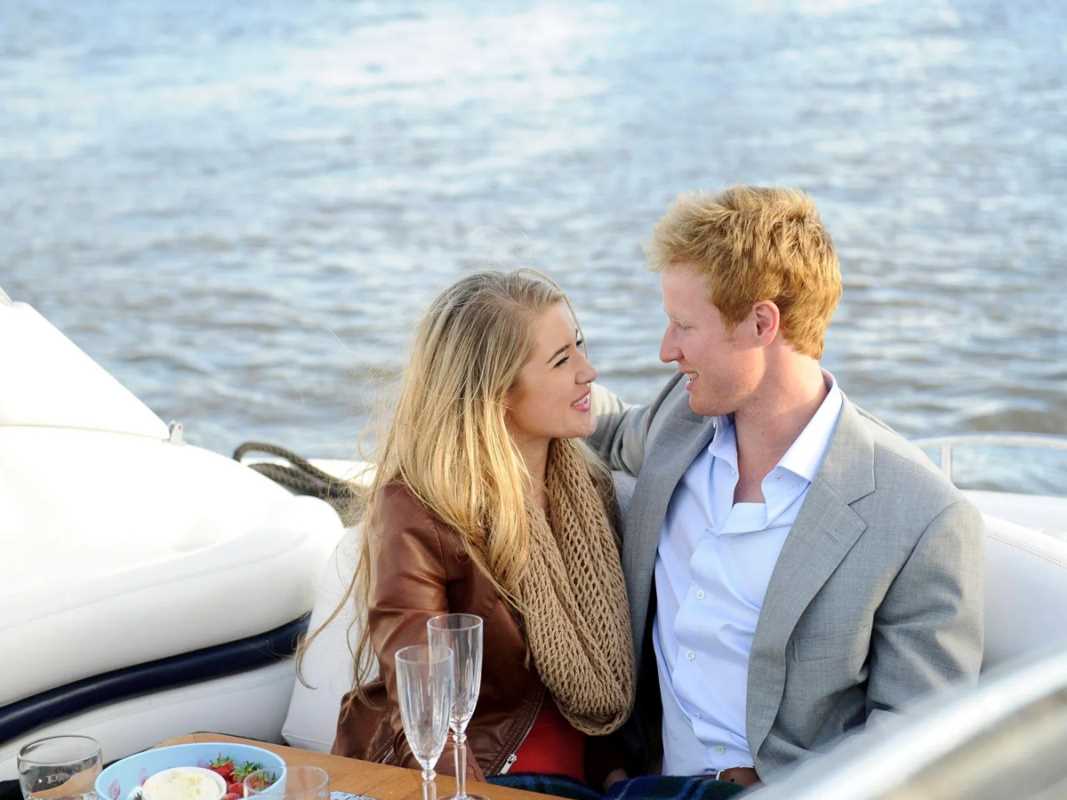 (Image source: ZigZag Productions/Fox)
(Image source: ZigZag Productions/Fox) 
